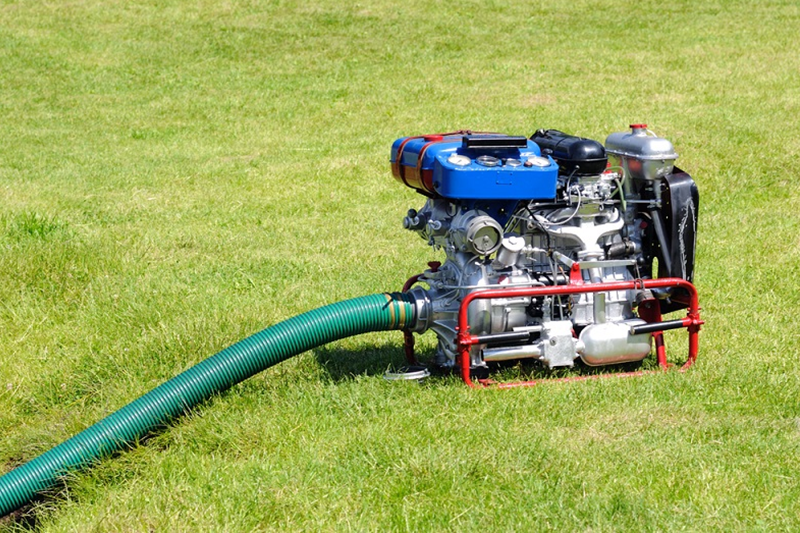What Is A Generator?
A generator is one of those useful appliances that you cannot do without nowadays. It has come to occupy an important position in our lives – be it for homes or for industries. It is a fuel-operated appliance that supplies power to homes and industries when there is a power outage. Nowadays with innovations and modernization of technology, power outage is not very common occurrence, yet there are times that you may need one. In short, it is an alternative source of power.
The Working Principle of a Generator

The simple fundamental that drives a generator is that it converts mechanical energy from an outer source to electrical energy which is the output. The fuel that powers the generator is the input. A generator does not create electricity, instead it works on the principle of electromagnetic induction.
A generator simply utilizes the mechanical energy that it is fed with to move the electrical charges that are already present in the wire of its windings through an electric circuit. This flow of electric charges is the electric current that is the output. If you still are having difficulty in understanding this, then you can compare it to a water pump, wherein, a water pump does not make water, rather it helps in the flow of water from one source to another.
The Main Parts of a Generator
A generator has the following components:
- Frame: It protects the inner parts of the generator from moisture and dust. It also helps in keeping the moving and electrical parts safe.
- Stator: It is actually a static magnetic field that is complete with huge copper windings.
- Bearings: They are responsible for the reduction in friction that is caused by rotation.
- Rotating Shaft: It acts as a connection between the motor of the engine and aids the armature in spinning inside the stator.
- Armature: Responsible for creating electromagnetic induction inside the stator in opposition to magnetism.
- Brush Assembly: It brushes against the commutator while discharging the electrical current.
- Commutator: Electricity connecting conductor.
- Field Windings: Magnetic field creating coil which allows the passage of current.
Types Of Generators

The various types of generators that are available in the market are:
- Portable Generators – Can be easily carried around and can work on any source of fuel.
- Hydrogen Generators – They are one of the latest generators that are available in the market. They are powered by hydrogen gas. Their output is higher compared to others, and they are very resistant to strong impacts.
- Standby Generators: They take a lot of space and are very costly. They can be operated by a mobile app but are very high on maintenance.
- Diesel Generators: They run on diesel as their source of fuel. Their power output is very efficient, and this makes them cost-effective. They are also fuel-efficient.
- Gasoline Generators: Gasoline is the most common source of fuel. All generators that function on gasoline are called gasoline generators. Though they are low in price they are high on emissions. Their operation becomes very expensive.
- Solar Generators: They are expensive to install but are cheaper to run because of the free and renewable source of power. But they do not work after sundown and their output is not very high.
- Natural Gas Generators: Their emission rate is lower compared to others making them the natural choice of many today. However, they are ineffective in cold climes.
- Inverter Generators: They are eco-friendly as they create clean energy. They are apt for use in sensitive electronics like laptops and phones. It is essential to understand how efficiently a generator works in specific conditions. You must select a generator that best suits your needs and budget for its optimum utilization.




